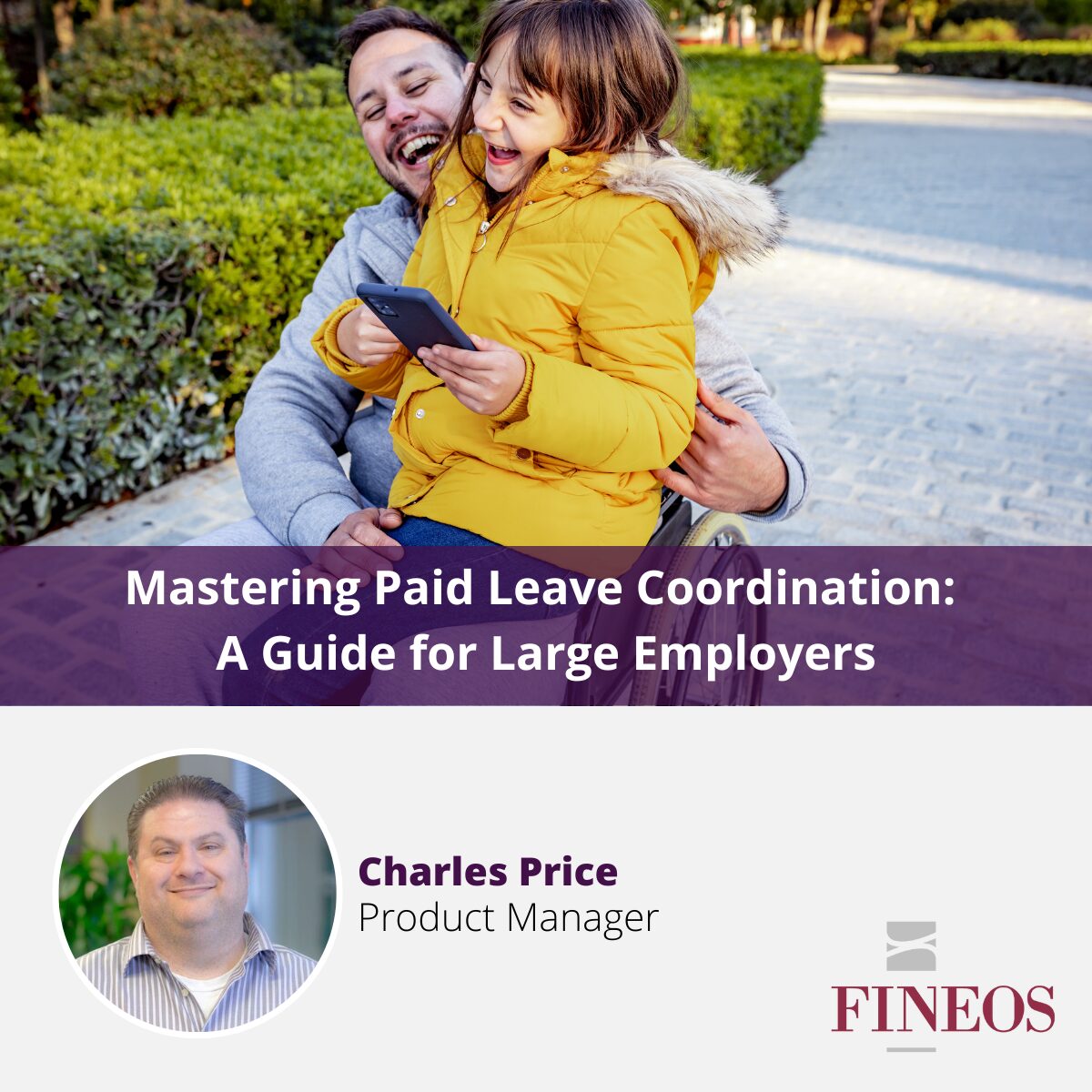With many states wrapping up their legislative sessions for spring adjournment, as well as regulatory agencies providing guidance, we have seen significant new legislative and regulatory activity. Find out if you’re affected by any of these developments.
PFML and other leave changes and updates by state
Virginia Organ and Bone Marrow Donation Leave
When: SB 1086 is effective July 1, 2023
Who: A covered employer is defined as an employer in Virginia that employs 50 or more employees. An eligible employee is defined as an employee who has been employed by their employer for at least (i) a 12-month period and (ii) 1,250 hours during the previous 12 months as of the start of the requested leave.
What: Covered employers must provide their employees with up to 60 business days of unpaid leave in any 12-month period to serve as an organ donor and up to 30 business days of unpaid leave in any 12-month period to serve as a bone marrow donor. This leave entitlement does not run concurrently with federal Family and Medical Leave Act (FMLA). Employers must maintain health care coverage while the employee is on leave. Employees are entitled to job restoration after the leave, and the leave cannot be counted as a break in the employee’s continuous service for the purpose of employee benefits. Employees will be required to provide written physician verification to the employer that the eligible employee is an organ donor or a bone marrow donor and there is a medical necessity for the donation of the organ or bone marrow.
Tennessee Voluntary Paid Family Leave Insurance Benefits
When: SB 454 applies to policies contracted, amended, or renewed on or after January 1, 2024
What: Life and disability income insurance carriers licensed in Tennessee can issue family leave insurance policies to cover family leave benefits for the birth, adoption, or placement of the employee’s child, the care of a family member with a serious health condition, or qualifying exigency leave related to the active military duty of an employee’s family member. Family leave insurance can either be written as an amendment or rider to a group disability income insurance policy, or a separate group insurance policy. This new law allows insurance carriers to develop their own insured family and medical leave (IFML) plan offerings, subject to regulation by the Tennessee Insurance Department. Tennessee is the latest state to allow the private market to provide voluntary IFML benefits, along with Arkansas, Virginia, New Hampshire, and Vermont.
California Family Rights Regulations for Designated Persons
When: Adopted April 6
What: The California Civil Rights Department (CRD) adopted technical amendments to the California Family Rights Act (CFRA) regulations to reflect the addition of a “designated person” under the covered family relationships for which an employee may take leave for family care, which became effective on Jan. 1. A “designated person” is defined as any individual related by blood or whose association with the employee is the equivalent of a family relationship. Examples of a designated person could include blood relatives such as the employee’s aunt, uncle, or cousin, or any person who is like family to the employee, such as the employee’s unmarried partner or best friend (when in a relationship equivalent to family).
California Bereavement Leave Guidance
When: Issued April 4
What: The California CRD created a Frequently Asked Questions (FAQ) document to clarify employees’ right to bereavement leave, which became effective on Jan. 1. Among others, the FAQ document explains that employees are not limited to taking bereavement leave for only one death per year, the job protection rights of an employee who took bereavement leave, and that bereavement leave is a leave entitlement separate from other types of protected leave such as that under CFRA or Pregnancy Disability Leave.
FINEOS can help with your state Paid Family Medical Leave (PFML) and other leave
FINEOS will be ready to administer these laws, regulations, or in the case of Tennessee, insurance products. Using modern insurance technology solutions like the FINEOS Platform can help insurance carriers remain compliant and competitive when leave legislation is revised and new products are authorized by governing jurisdictions. Learn more about how a modern, integrated disability and absence management (IDAM) solution can help your organization adapt to this rapidly evolving market and remain in compliance.


